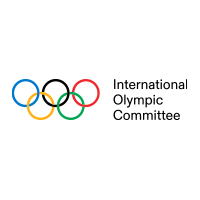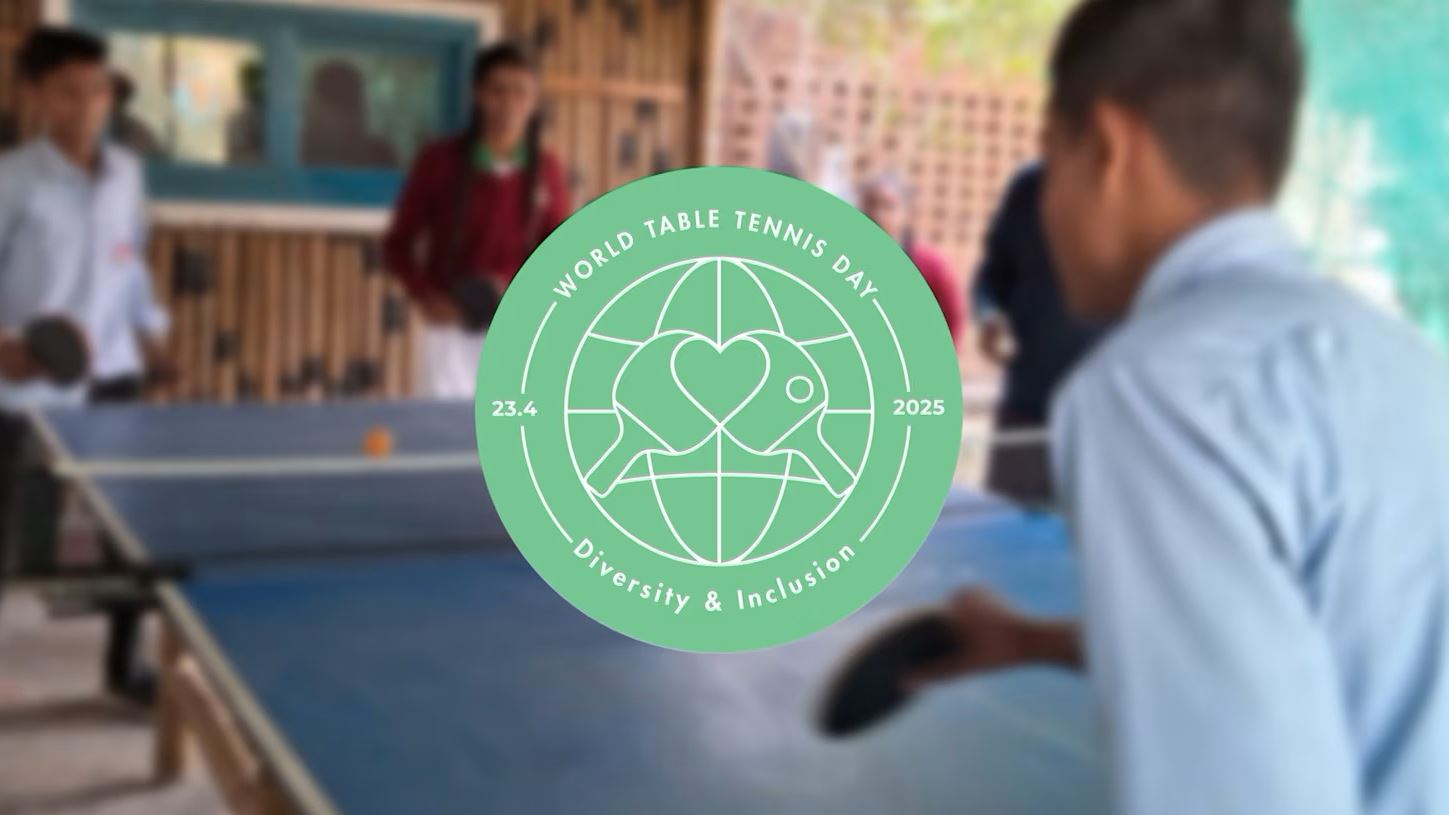23 April 2025 - As World Table Tennis Day is celebrated today, we highlight the work of Tanjun Associate LLP. This organisation uses table tennis as a vehicle for lasting environmental and social impact in rural communities in India, with the support from the International Olympic Committee (IOC) and the International Table Tennis Federation Foundation (ITTF Foundation).
Tanjun Associate LLP introduced table tennis to a region in northern India primarily inhabited by farmers who rely on agriculture as their only source of income. Tanjun aims to empower marginalised women from these areas by equipping them with the skills to develop sustainable bamboo sports equipment, encouraging not only environmentally friendly practices, but also lasting social change in the mountainous and forest-covered regions below the Himalayas.
Working alongside local schools that serve as hubs for the project, Tanjun has already conducted four training sessions, and around 80 per cent of the 200 attendees were women. These sessions combine table tennis events, hands-on training in producing sustainable sports equipment and environmental awareness education on topics such as preventing deforestation, waste management and regenerative agriculture.
Tanjun’s contribution to gender equality is particularly noteworthy given the theme of this year’s World Table Tennis Day: diversity and inclusion. It also builds on the impact of initiatives that have already engaged thousands of schoolchildren. Thanks to Tanjun, mixed doubles table tennis – once a rarity – is now the norm at Paradise Academy, one of its partner schools.
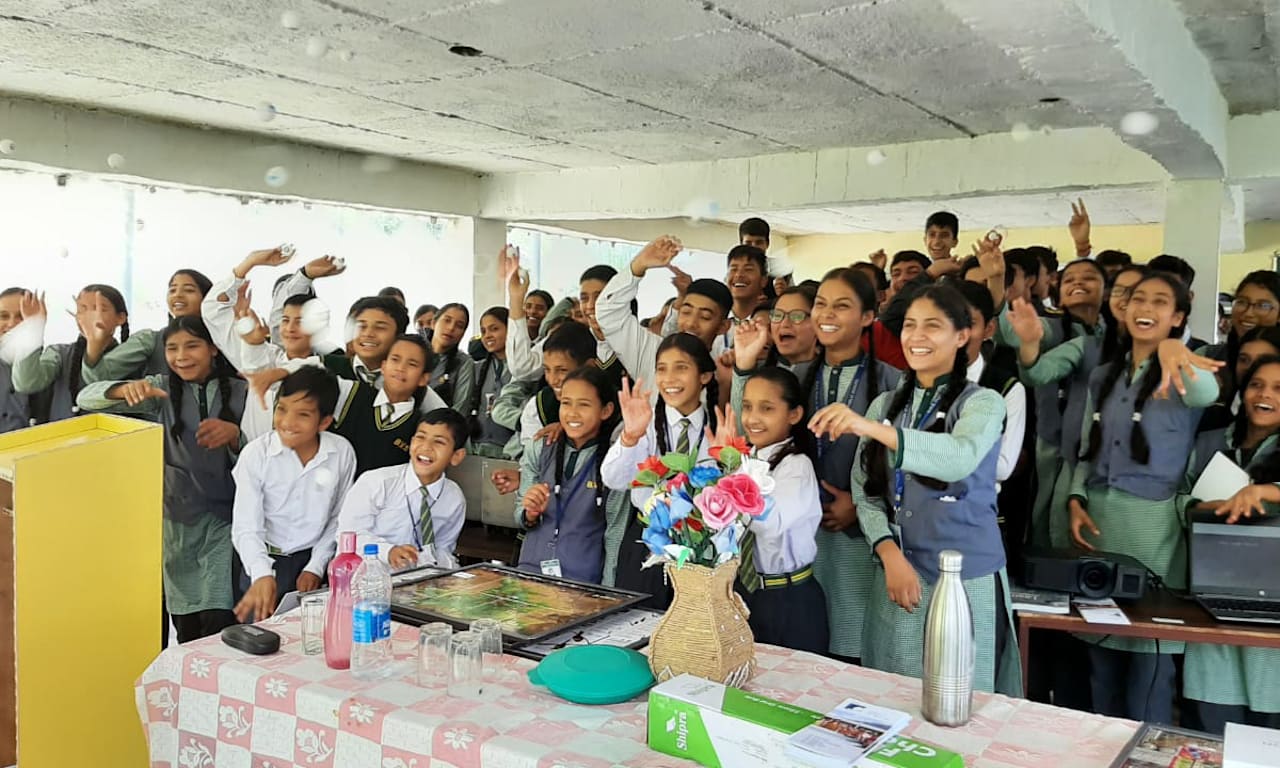
Delivering lasting social and environmental impact
Rekha Dey, a managing partner at Tanjun, explains why sport has been key to unlocking the project’s potential. “We are mobilising women in remote rural areas, who are primarily from lower-income groups and who come from communities where caste-based and gender discrimination is high,” says Dey. “Sport is a relationship-builder and acts as a powerful tool to reach out to these communities; it creates an environment of friendliness and fun and breaks down the barriers you often face.”
The support from the IOC, through the Olympism365 Innovation Hub, has allowed Tanjun to increase the scale of its work and to benefit from a supportive network of social entrepreneurs in sport for development. “Our footprint in the community has increased sizeably,” says Dey. “The grant has really helped us reach out and meet the targets we had set for ourselves. This project is about sustainable livelihood development, taking positive climate action and the development of environmentally friendly sports equipment.”
Thanks to the Olympism365 Innovation Hub, Tanjun was also able to invest in research and develop further sustainable sports equipment out of bamboo, such as hand-woven jute nets, alongside its training programmes. By the end of this year, Tanjun aims to have built a 100 per cent bamboo-based table tennis table, and is also currently producing prototype equipment for badminton, volleyball and football.
Using these initiatives to spur continual growth is fundamental to Tanjun’s approach. “The products are environmentally sustainable and commercially viable. We aim to show women how they can develop a livelihood through these skills,” says Dey. “Successful prototypes will be donated to community schools, and we will be training more women to be involved in the manufacturing process as we scale up.”
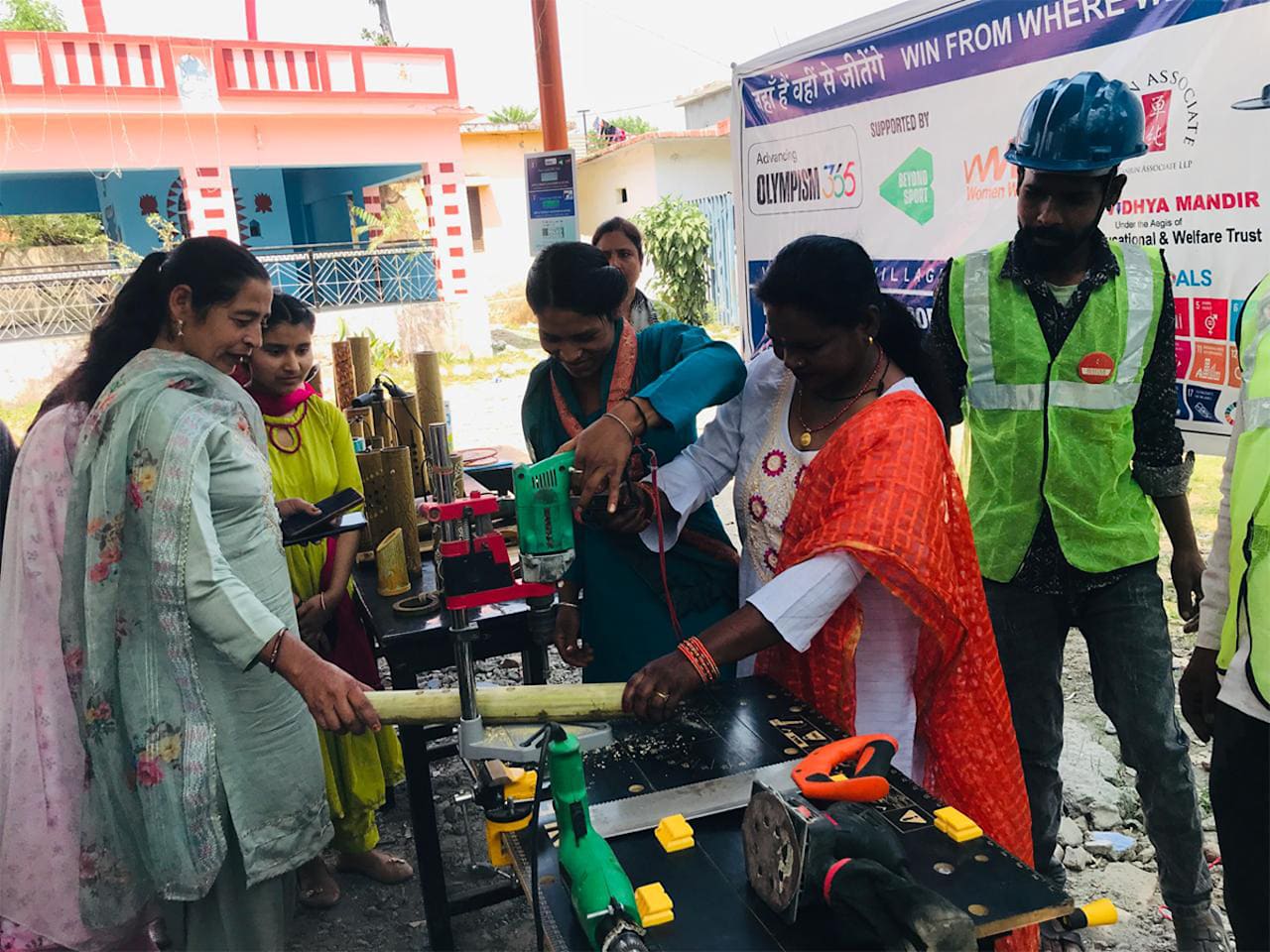
Working directly with vulnerable communities
Tanjun operates primarily in the states of Uttarakhand and Utter Pradesh, in a region increasingly vulnerable to the effects of climate change and where the importance of sustainable development is stark.
“The Himalayas are the oxygen bank for the whole of northern India, and it provides water for the entire Indo-Gangetic plain,” explains Dey. “But human development is taking place at the cost of environmental degradation; deforestation is occurring, glaciers are melting, we are having extreme climate events every monsoon season. There has to be a solution-centric approach to development.”
By embedding circular economy principles, Tanjun aims to deliver both environmental and social impact, empowering the communities most at risk. “We are trying to work directly with the people that are most vulnerable and directly affected,” says Dey. “We want to help them stand for the protection of the areas they live in and embrace climate action initiatives.”
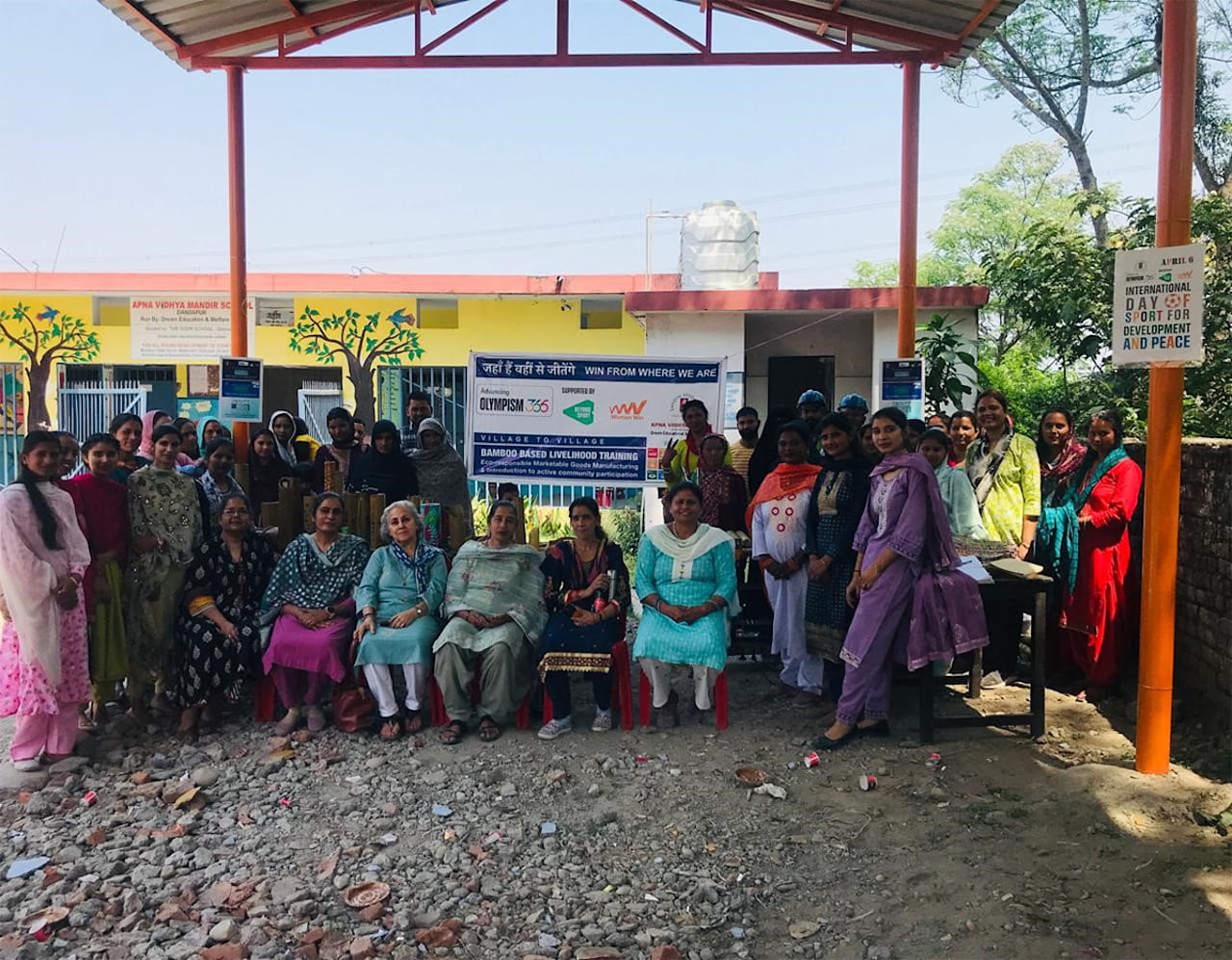
Olympism365: A shared vision for sport for sustainable development
Tanjun is one of nine social enterprises that received IOC co-investment totalling USD 300,000 through the Olympism365 Innovation Hub – a collaboration between the IOC, Beyond Sport and Women Win - and its Enterprise365 funding stream. These enterprises promote sustainable finance solutions to advance sport for positive social change and contribute to Olympism365, the IOC’s strategy to use sport as an important enabler of the United Nations Sustainable Development Goals (UN SDGs).
Representing Tanjun, Dey will attend the Olympism365 Summit: Sport for a Better World, which will be held in Lausanne, Switzerland, from 3 to 5 June 2025. The event will bring together representatives from the Olympic Movement, UN agencies, development and financing institutions, civil society, for-purpose business and safe sport community members who are working together to advance the UN SDGs through sport.
Dey is enthused by the chance to meet others who share Tanjun’s commitment to sport for sustainable development. “We’re looking forward to exploring opportunities for collaboration and partnership,” she says. “I would also like to learn from other projects that are being implemented around the world, and from other Olympism365 Innovation Hub initiatives and innovators.”
